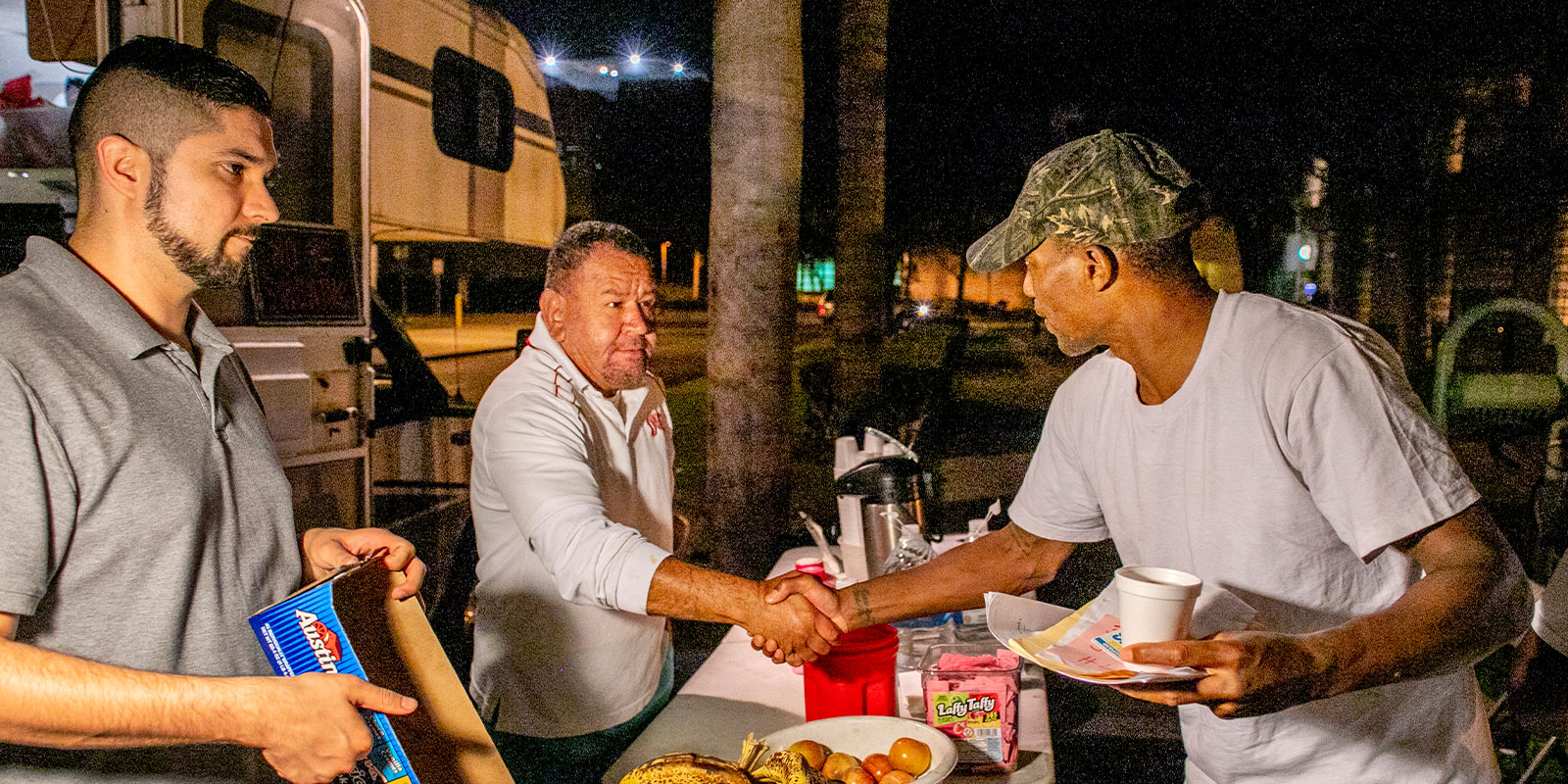Online Bachelor of Social Work: Restorative Justice Concentration
- Duration 4 years*
- Cost per Credit $495
- Credit Hours 120
Program Benefits
- Build a Foundation in Theory, Policy, and Practice with Purpose
- Address Inequities and Community-Based Issues
- Explore how race, class, and power shape justice systems in the U.S.
Approach Justice by Going Beyond Typical Incarceration Models
In the Restorative Justice concentration of Carlow’s online BSW, you’ll take a community-based approach to inequities in the criminal justice system. You will also explore alternative ways to address crime-related issues beyond the incarceration models most often employed by the United States. The Restorative Justice concentration prepares you to lead change and support healing within communities and systems.
The Restorative Justice Concentration Will Allow You To:
- Gain a competitive edge for bachelor’s-level roles in justice, rehabilitation, and community-based reentry programs.
- Learn to encourage survivors, justice-involved individuals, and community members on their journey to restorative justice.
- Empower incarcerated individuals to build the skills they need to succeed after release.
Deepen Your Social Work Education with Restorative Justice
Online
12 credits for Restorative Justice courses
The online BSW’s Restorative Justice concentration offers a solid foundation of theory, policy and research to prepare you for careers in the justice system. Utilize concentration credits to gain an edge in your area of interest with the BSW: Restorative Justice concentration.
Featured Courses
This course explores human behavior in groups, organizations and communities to achieve a theoretical, conceptual and practical understanding of the workings of the macro-social environment. An ecosystems perspective is combined with sociology and group psychology theories that promote a working knowledge of the operation and interrelatedness of macro systems and human behavior. Primary consideration is given to concepts of empowerment, diversity, populations at risk and the promotion of social and economic justice at the local, national and global levels. (3 credits)
This course is designed to assist students in engaging in critical examination of the interplay of race, class and crime in the United States. Attention will be given to historical, sociological, economic and political reasons that underlie why Black Americans and other racial minorities are treated unequally and represented disproportionately in the criminal justice system. This course highlights obstacles to racial justice including the criminalization of behaviors along racial and class lines. (3 credits)
Career Outlook: Restorative Justice Concentration
With the Restorative Justice concentration, you will be a competitive BSW candidate for bachelors-level careers in the criminal justice system and more. Restorative justice provides social workers with a framework and set of practices to repair or produce resolution, to the extent possible in individual, family and community situations that may or may not involve the criminal justice system. At the macro or societal level, social workers advocate for social justice policy as well as provide resources for disenfranchised members of society.
Correctional Counselor $46,051 per year1
Case Manager $44,351 per year2
Victim Advocate $40,077 per year3
Customize Your Area of Study
Enhance your knowledge and skills in your social work degree by choosing from optional concentrations in Crisis and Trauma, Forensic Social Work, Restorative Justice and Healthcare Social Work.
Frequently Asked Questions
Explore our frequently asked questions for in-depth answers. If you don’t find what you’re looking for, reach out to us.
Yes. The BSW program is CSWE accredited.
At Carlow, we offer two start dates for the online BSW throughout the year, in the fall and spring.
Our BSW online program prepares you to start on several social work career paths. Your dream social work career might be in a nonprofit agency or organization, behavioral health agency, a family services center, healthcare setting, a long-term care agency, a foster care program, the criminal justice system and more. Careers in the social work filed are growing fast. For example, the U.S. Bureau of Labor Statistics predicts that careers for social workers are projected to grow faster than average at 9 percent from 2021 to 2031.
Many BSW students continue their education with online graduate studies, such as a master’s in social work.
Coursework consists of 120 total credit hours. Find out more about our curriculum.
Yes. The program can be completed in a part-time or full-time format, depending on your needs. Full-time students take 12 to 15 credits per semester, while part-time students can take less.
Carlow offers institutional scholarships to students who are enrolled full-time. There are other scholarships offered by outside organizations for which students can also apply. Speak to an enrollment counselor about scholarship opportunities.
Sources and Disclaimer
- https://www.payscale.com/research/US/Job=Correctional_Counselor/Salary.
- https://www.payscale.com/research/US/Job=Case_Manager/Salary.
- https://www.payscale.com/research/US/Job=Victim_Advocate/Salary.
*Students transferring in an Associate Degree in Social Work or college credits earned elsewhere may complete the degree faster

